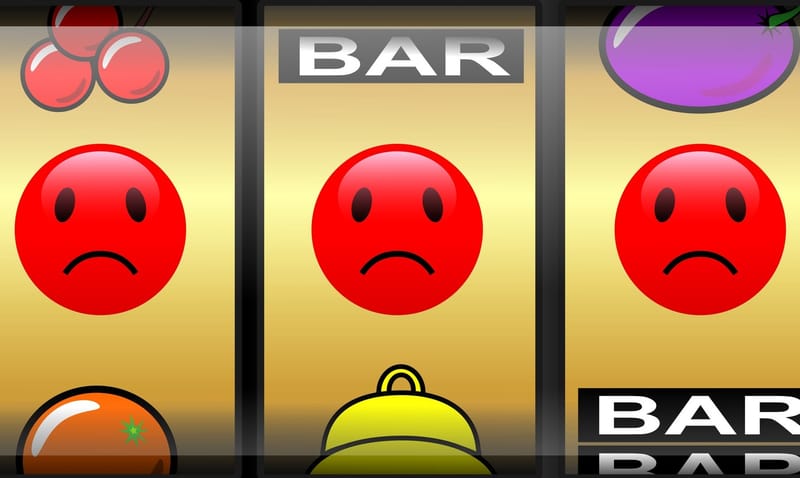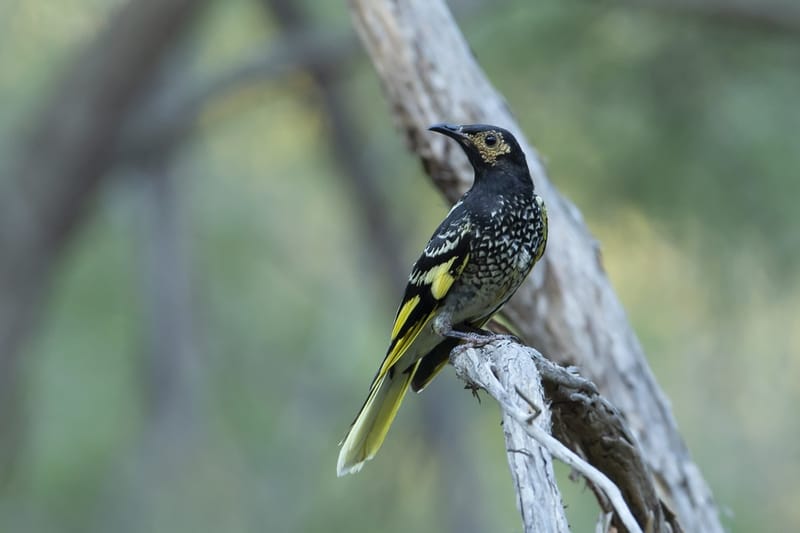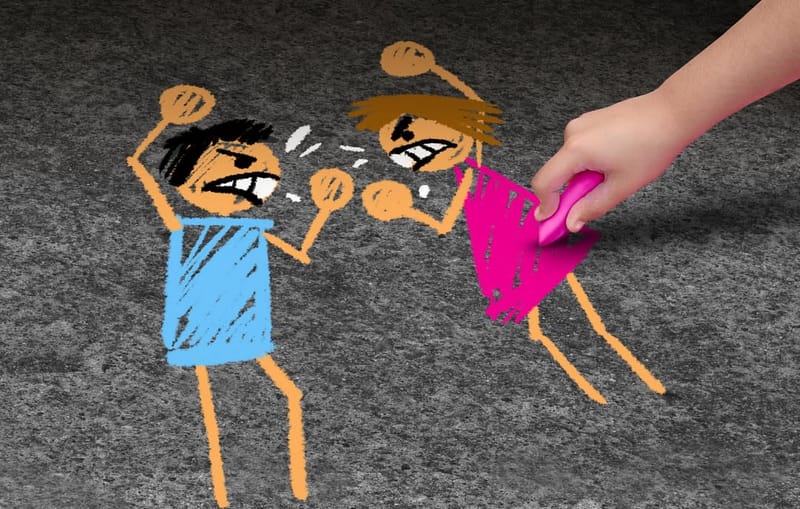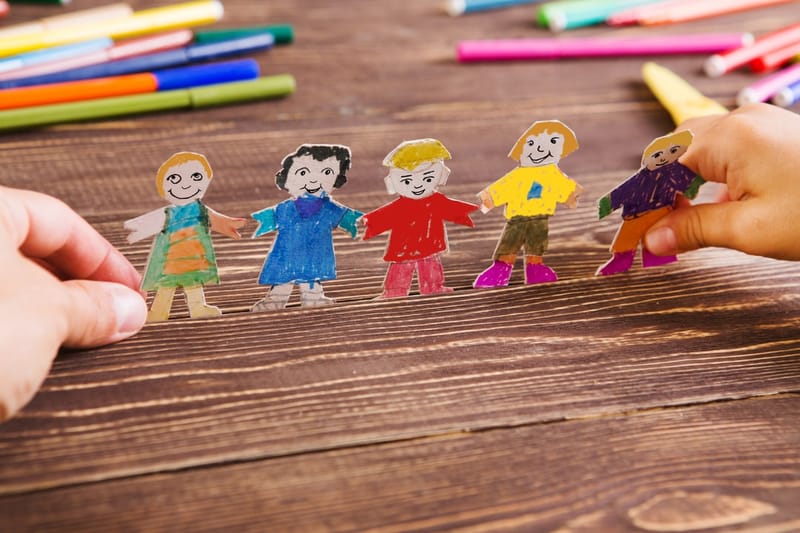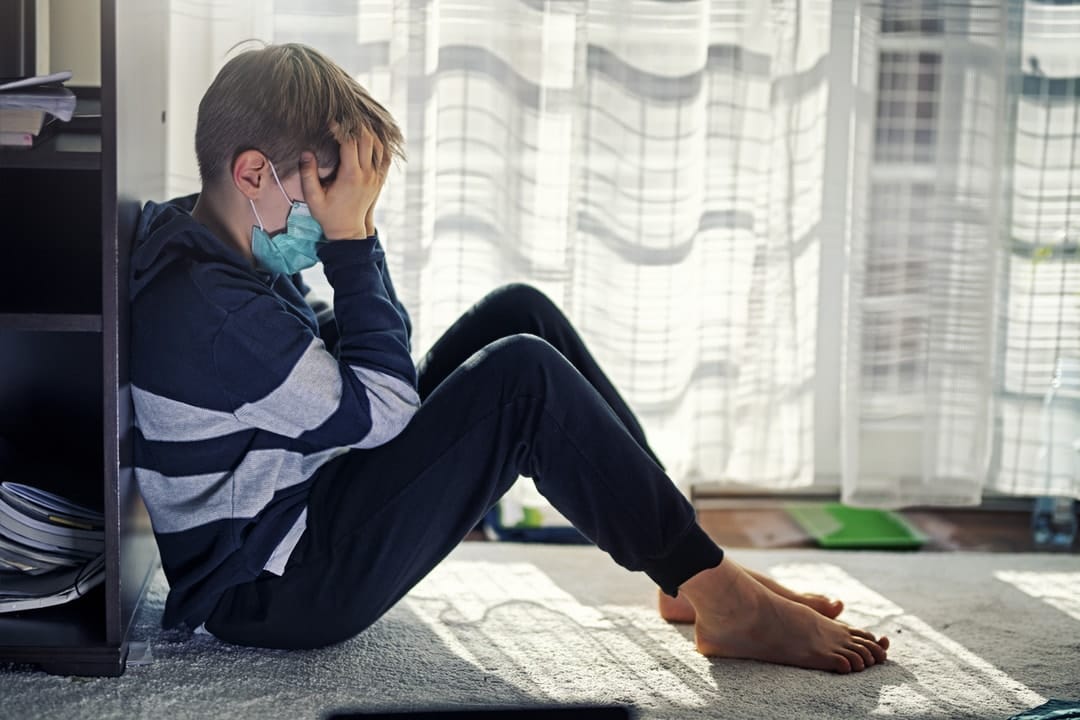
A report published by UNICEF last week examined the happiness and wellbeing of children in the world’s richest countries. The data from the report was used to also compile a "league table", and the results are a source of shame for Australia. Not only did we rank 32 out of 38 overall, but when it comes to the mental health of our children, we're doing even worse – 35 out of 38 countries.
What's going wrong?
Why are children in "the Lucky Country" not enjoying high levels of life satisfaction? Why is suicide the highest cause of death among adolescents aged 15 to 19? Australia, we have a lot of work to do – it's clear that wealth doesn't buy happiness.
The data for this report was collected before the global pandemic struck, demonstrating that Australian children were already struggling. COVID-19 will only exacerbate that. Although children don’t suffer the worst of the virus’ health impacts, they're the group that will most acutely experience the longer-term negative impacts.
In Australia, we experience 9.7 deaths by suicide per 100,000 adolescents aged between 15 and 19.
The statistics regarding youth suicide should sound an alarm. In Australia, we experience 9.7 deaths by suicide per 100,000 adolescents aged between 15 and 19. The vast majority of wealthy countries have far lower rates than this, starting with Greece, which experiences only 1.4 deaths by suicide per 100,000 adolescents aged between 15 and 19.
We already know that Indigenous young people are three times more likely to kill themselves than non-Indigenous youths. Concerted and targeted efforts to improve the mental health of children must be inclusive of Indigenous children, families and communities.
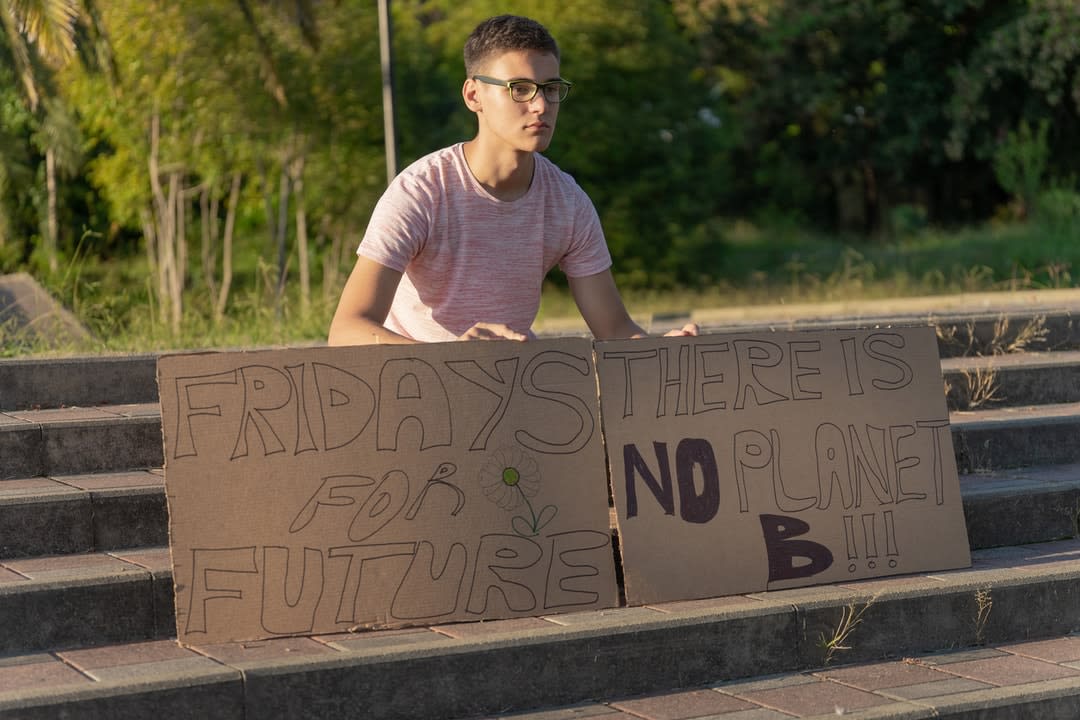
The climate effect
How children feel about their future affects their mental health, and the data reveals that our children worry a lot about the environment:
"In Australia, 59% of young people consider climate change to be a threat to their safety (only 14% disagree). Climate change and plastic pollution top their list of environmental concerns. Almost 90% want to move to renewable energy, while only 3% want to ‘stay with fossil fuels’. Three out of four adolescents in Australia want their government to act."
This suggests that acting on climate change would have a direct positive impact on children’s sense of wellbeing and contribute to positive mental health outcomes.
Australia cannot ignore this damning report. We must promise our children that we will do better, and that by 2030, all children in Australia will be thriving. This requires action on many fronts.
Start early
We need to get things right for children starting in early childhood, when 90% of brain development occurs. The evidence tells us that children thrive when they have strong relationships, supportive environments, and social infrastructure that supports families.
Consult children and families
A key factor in children’s happiness is whether they feel they have a voice. Therefore, reforms to improve their wellbeing must be made with children, not just be about them. Children and their families must be included in the design and implementation of all initiatives that concern them. This is consistent with Article 12 of the UN Convention on the Rights of the Child, which provides that children have the right to express their views, and to have those views taken into account.
Connect policies
Social, education, health, environmental and economic policies, programs and services all have a bearing on children’s lives. Carefully integrated policies that complement and strengthen one another and provide the environments and conditions for optimal child development are key to improving child wellbeing. These include:
- reducing poverty, and ensuring that all children have access to the resources they need
- improving access to affordable and high-quality early-years childcare for all children
- improving mental health services for children and adolescents.
Although the UNICEF report is damning, it's not all bad news. Australia scored higher for children’s physical health (28th), and their academic and life skills (19th). And we were ranked higher than New Zealand (35th) and the United States, which came absolute last on all three measures – mental health, physical wellbeing, and academic and life skills.
America’s ranking is not surprising, given it's the only country in the world not to have ratified the Convention on the Rights of the Child, and we've all seen how the Trump administration treats children.
What is surprising is that Australian Prime Minister Scott Morrison has not been asked any questions about this report. He's not been required to explain why Australia’s children are so unhappy, and what he intends to do about it. This is in stark contrast to New Zealand, Where Prime Minister Jacinda Ardern has been grilled about why New Zealand was ranked so poorly.
This report gives us a baseline from which we can hopefully only go up. But COVID-19 will make that harder. Children’s wellbeing and mental health are likely to decline as a result of lockdowns, school closures, strains on family relationships, and economic uncertainty. To minimise the impacts of the COVID-19 crisis, governments must provide effective support that minimises inequalities amongs children.
As the report notes:
"A child living in a well-off family, with a room of their own, a good internet connection, and parents who have the time, skills and confidence to support home learning will suffer the educational impact of school closures less than a child in a family with poorer material and human resources."
It's up to governments, families and communities to all play a part in helping to ensure that children growing up in "the Lucky Country" are cushioned from the worst effects of COVID19, and grow up in a country that prioritises children having a positive childhood and future.
This article was co-authored with Sue West, Associate Director, Centre for Community Child Health, Murdoch Children’s Research Institute and Royal Children’s Hospital.


